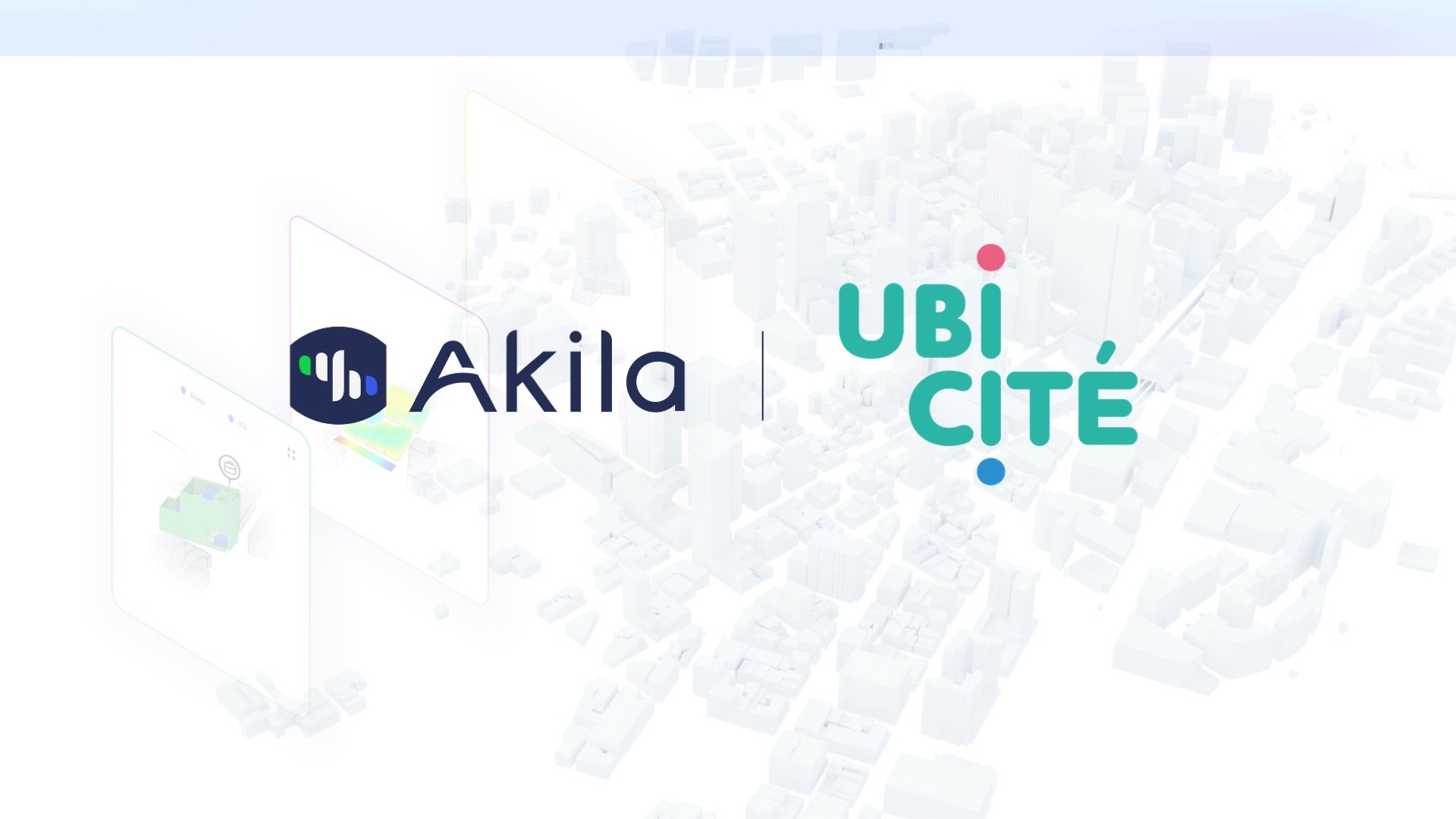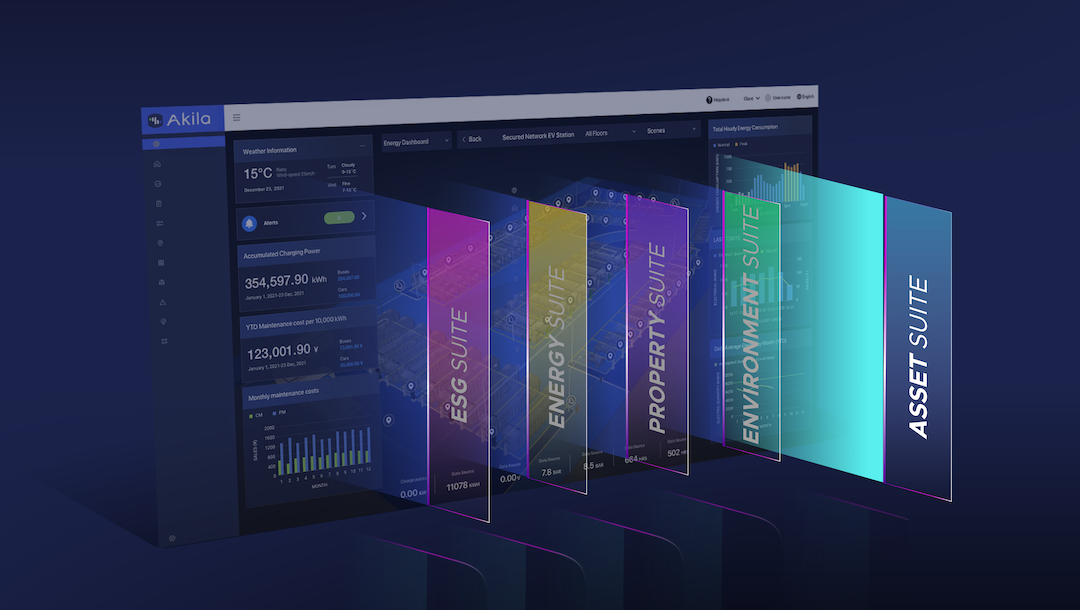From Complexity to Clarity: Making Building Data Work for Everyone
September 01, 2025
Related Articles
Take the next step with Akila
If you want better from your buildings, our team is here to help. Let’s set up a call to discuss your needs and show you how Akila works, from deploying digital infrastructure to optimization.



